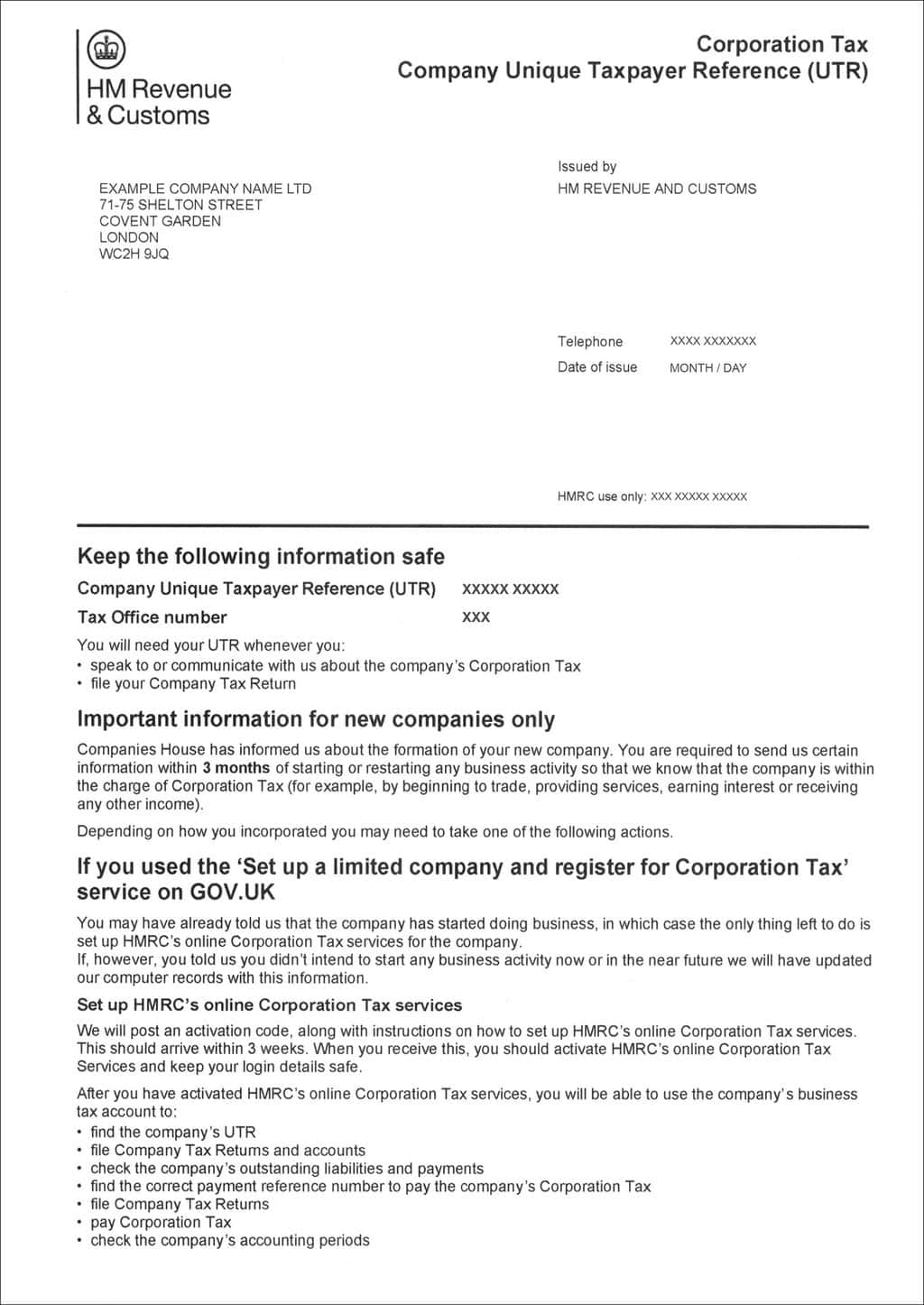HMRC Letter: Thousands Of UK Households Earning Over £23,000 Affected

Table of Contents
H2: Who is Affected by These HMRC Letters?
These HMRC letters aren't random; they target specific groups of UK taxpayers. Understanding who is affected helps you assess your own risk and take proactive steps.
H3: Income Thresholds and Tax Bands:
The £23,000 figure mentioned often relates to the threshold at which certain tax bands and allowances become applicable. While not everyone earning above this amount will receive a letter, it's a key indicator. Individuals approaching or exceeding higher tax bands are more likely to be subject to increased scrutiny. The exact income level triggering an HMRC letter depends on individual circumstances, including deductions and allowances.
- Specific examples: Individuals earning between £23,000 and £50,000, or those with significant changes in income (e.g., promotion, new job) are more likely to be contacted.
- Self-assessment vs. PAYE: Both self-assessment taxpayers and those under the PAYE (Pay As You Earn) system can receive HMRC letters. Self-assessment taxpayers are more prone to errors due to the complexities of self-reporting, while PAYE issues often stem from incorrect tax codes.
- Demographics: While no specific profession or demographic is solely targeted, those with complex financial situations (e.g., multiple income streams, property investments) may face increased scrutiny.
H2: Common Reasons Behind the HMRC Letters
Understanding the reasons behind an HMRC letter is the first step to resolving the issue. While it can be unsettling, proactive engagement is key.
H3: Underpayment of Income Tax:
The most common reason for an HMRC letter is underpayment of income tax. This can arise from several factors:
- Incorrect tax codes: An incorrect tax code provided by your employer can lead to insufficient tax being deducted from your salary throughout the year, resulting in an underpayment.
- Missed deadlines: Failing to file your self-assessment tax return by the deadline (typically January 31st) will trigger an HMRC letter.
- Self-assessment errors: Errors in your self-assessment tax return, such as misreporting income or expenses, can lead to underpayment and an HMRC investigation.
- Changes in circumstances not reported: Significant changes in your circumstances, such as starting a new job, marriage, or buying a property, must be reported to HMRC to ensure your tax code reflects your correct tax liability.
H3: Other Potential Issues:
Beyond underpayment, other issues can prompt an HMRC letter:
- Incorrect tax return filing: Even minor errors in your tax return filing can lead to an HMRC investigation.
- Discrepancies in reported income: Discrepancies between your reported income and information HMRC holds from other sources (e.g., your employer) will trigger an investigation.
- Potential tax investigations: In more serious cases, the HMRC letter may initiate a full tax investigation into your financial affairs.
H2: How to Respond to an HMRC Letter
Receiving an HMRC letter can be daunting, but a calm and organised response is vital.
H3: Understanding the Letter's Content:
Read the letter carefully and thoroughly. Note the specific issue raised, the requested information, and the deadlines for responding.
H3: Next Steps and Actions:
- Contact HMRC directly: Contact HMRC via their official channels (phone, online portal) to clarify any uncertainties or request further information.
- Gather relevant documents: Gather all necessary documents related to the issue raised in the letter, such as payslips, bank statements, and tax returns.
- Seek professional tax advice: If the letter's contents are complex or overwhelming, consider seeking professional advice from a qualified accountant or tax advisor. They can provide guidance and help you respond accurately.
- Understand deadlines: Adhere strictly to the deadlines specified in the letter to avoid penalties.
H2: Avoiding Future HMRC Letters
Proactive measures significantly reduce the risk of future HMRC correspondence.
H3: Accurate Tax Reporting:
Accurate and timely tax reporting is paramount. Ensure all your income is accurately reported, and file your tax returns by the deadlines.
H3: Proactive Tax Planning:
- Regular review of tax code: Regularly review your tax code with your employer to ensure it's accurate.
- Keep accurate records: Maintain meticulous records of your income, expenses, and tax-related documents.
- Utilize tax planning strategies: Consider using legitimate tax planning strategies to minimise your tax liability while remaining fully compliant.
- Seek professional tax advice: Regular consultation with a tax professional can help you stay compliant and avoid potential issues.
3. Conclusion: Taking Action on Your HMRC Letter
Receiving an HMRC letter, especially concerning income tax above £23,000, requires prompt and responsible action. Understanding the reasons behind the letter – from underpayment due to incorrect tax codes or self-assessment errors to more serious discrepancies – is crucial. Take the necessary steps to gather information, contact HMRC, and seek professional guidance if needed. Don't ignore your HMRC letter. Understanding your tax obligations and taking prompt action on any HMRC letter regarding your income tax is crucial. Contact HMRC directly or seek professional advice to resolve the issue quickly and avoid further complications. Proactive tax planning and accurate reporting are your best defenses against future HMRC correspondence.

Featured Posts
-
 Descentes De La Brigade De Controle Rapide Bcr Les Marches D Abidjan Sous Surveillance
May 20, 2025
Descentes De La Brigade De Controle Rapide Bcr Les Marches D Abidjan Sous Surveillance
May 20, 2025 -
 Abidjan Le Diletta Marque Une Nouvelle Ere Pour Le Port
May 20, 2025
Abidjan Le Diletta Marque Une Nouvelle Ere Pour Le Port
May 20, 2025 -
 Poznata Kci Sve O Gini Marii Schumacher
May 20, 2025
Poznata Kci Sve O Gini Marii Schumacher
May 20, 2025 -
 White House Cocaine Incident Secret Service Wraps Up Investigation
May 20, 2025
White House Cocaine Incident Secret Service Wraps Up Investigation
May 20, 2025 -
 Solve The Nyt Mini Crossword March 18th Answers
May 20, 2025
Solve The Nyt Mini Crossword March 18th Answers
May 20, 2025
